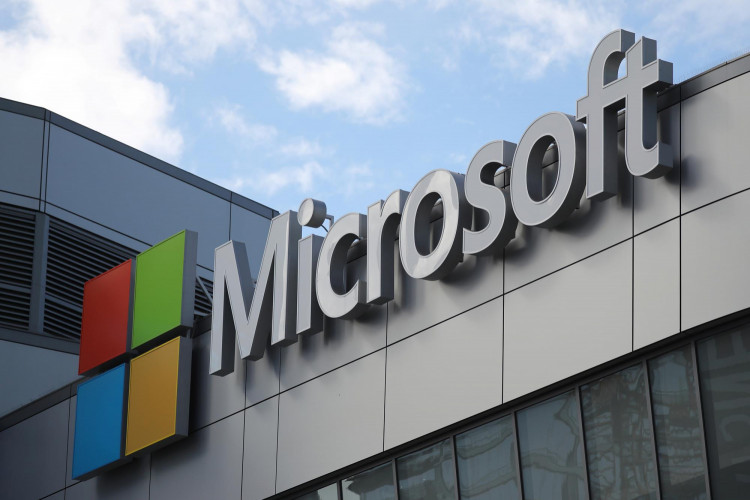Microsoft's substantial investment in OpenAI, the creator of ChatGPT, may be subject to a European Union (EU) merger probe, EU antitrust regulators announced, echoing earlier concerns from UK regulators. Despite Microsoft's clarification that it holds no ownership stake in OpenAI, the EU's executive body, the European Commission, indicated that it is closely examining whether this investment falls under EU Merger Regulation.
Microsoft, a major U.S. software company, committed over $10 billion to OpenAI, taking a non-voting position on its board but not acquiring any ownership. The European Commission's scrutiny is part of its broader investigation into agreements between large digital market players and generative AI developers, assessing the impact on market dynamics, though specific companies were not named.
Margrethe Vestager, the EU antitrust chief, emphasized the importance of monitoring AI partnerships to ensure they do not distort market dynamics unduly. The Commission has also called for feedback on competition in virtual worlds and generative artificial intelligence by March 11, sending information requests to several large digital companies.
In a related development, the UK's Competition and Markets Authority (CMA) began reviewing Microsoft's investment in December. The U.S. Federal Trade Commission is reportedly assessing the tie-up as well. The CMA is analyzing whether the partnership created a "relevant merger situation," citing changes in OpenAI's governance, some involving Microsoft, as a source of concern.
OpenAI, known for its advanced AI tools like GPT-4, has experienced significant internal changes. Sam Altman, its CEO, was briefly ousted from the board, replaced by ex-Twitch CEO Emmett Shear, and then reinstated, leading to a board reshuffle. Microsoft's board observer, a nonvoting member, raised questions about the company's influence over OpenAI.
Despite the investigations, Microsoft maintains that it does not own any part of OpenAI. OpenAI insists on its independence and competitive operation, emphasizing that Microsoft's board observer does not grant governing authority or control over OpenAI's operations.
As AI technology like GPT-4 continues to advance, concerns around the implications of Microsoft's close partnership with OpenAI grow, particularly in light of the potential for human-level performance in AI and the move towards artificial general intelligence.






